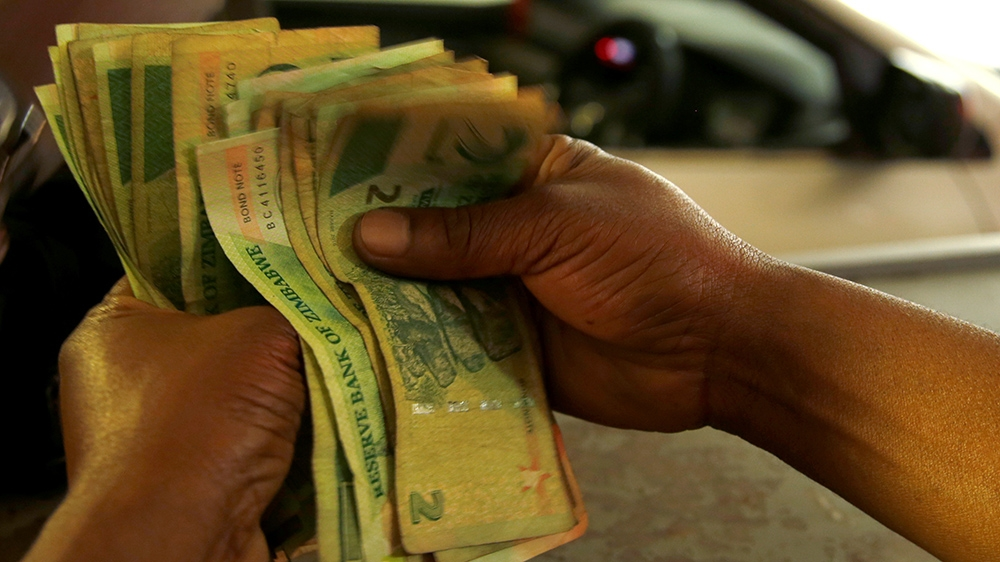
BY TAURAI MANGUDHLA/ DONALD NYANDORO ZIMBABWE’S exchange rate crisis, COVID-19, price instabilities, inflation and ad-hoc regulations and statutory instruments (SIs) are said to be weighing down the country’s competitiveness.
This was revealed yesterday in the National Competitiveness Commission (NCC)’s first annual Zimbabwe Competitiveness report which covered the year 2021.
Presenting the report in Harare yesterday, NCC director Brighton Shayawenako said Zimbabwe had significantly slipped down global competitiveness rankings, and was now trailing regional peers, Rwanda and Botswana.
“Yes we have an auction system, but it has its own challenges such as delays on disbursements which affect cash flow,” Shayawenako said.
“Exchange rate dynamics, driven by parallel market developments, price hikes and the anticipated emergence of new COVID-19 variants were threats to the relatively stable macroeconomic environment and competitiveness in 2021.”
The report states that about 40% of allocated funds on the auction market go towards importation of raw materials, which affects productivity and competitiveness.
Pricing of goods using parallel market rates also affected the country’s competitiveness, the report noted.
Shayawenako said the country’s narrow range of primary products for exports was mainly in mining and agriculture while facing a huge import bill driven by food, fuels, electricity and manufactured goods.
- Chamisa under fire over US$120K donation
- Mavhunga puts DeMbare into Chibuku quarterfinals
- Pension funds bet on Cabora Bassa oilfields
- Councils defy govt fire tender directive
Keep Reading
“There is also a huge infrastructure deficit, power shortages and bad roads. Erratic power supplies have industries relying on diesel. There is need for macroeconomic stability driven by interventions by monetary and fiscal authorities.
“There is need for an efficient exchange rate system to ensure timeous disbursements of foreign currency and to invest in power projects.
“Service providers for utilities should charge cost reflective tariffs that ensure viability and attract investment in power generation to enhance reliability,” Shayawenako said.
On transport and logistics, he said Zimbabwe should prioritise the repair of trunk roads and upgrading of unpaved feeder roads, while the rail system needed a revamp.
“There is need for investment promotion, speeding up interface of government departments and agencies and digitisation to reduce cumbersome business procedures, regulatory requirements and compliance costs,” he added.
On ease of doing business, the report said the country needed to implement a debt and arrears clearance strategy, and capacitate the NCC and institutions like Parliament and the Zimbabwe Anti-Corruption Commission.
Industry and Commerce minister Sekai Nzenza said Zimbabwe’s ability to become a middle income economy by 2030 was closely tied to competitiveness.
“Enhancement of competitiveness improves global rankings. We are focusing on increasing local production to achieve price stability and lowering of prices,” Nzeza said in a pre-recorded video presentation.
- Follow us on Twitter @NewsDayZimbabwe











